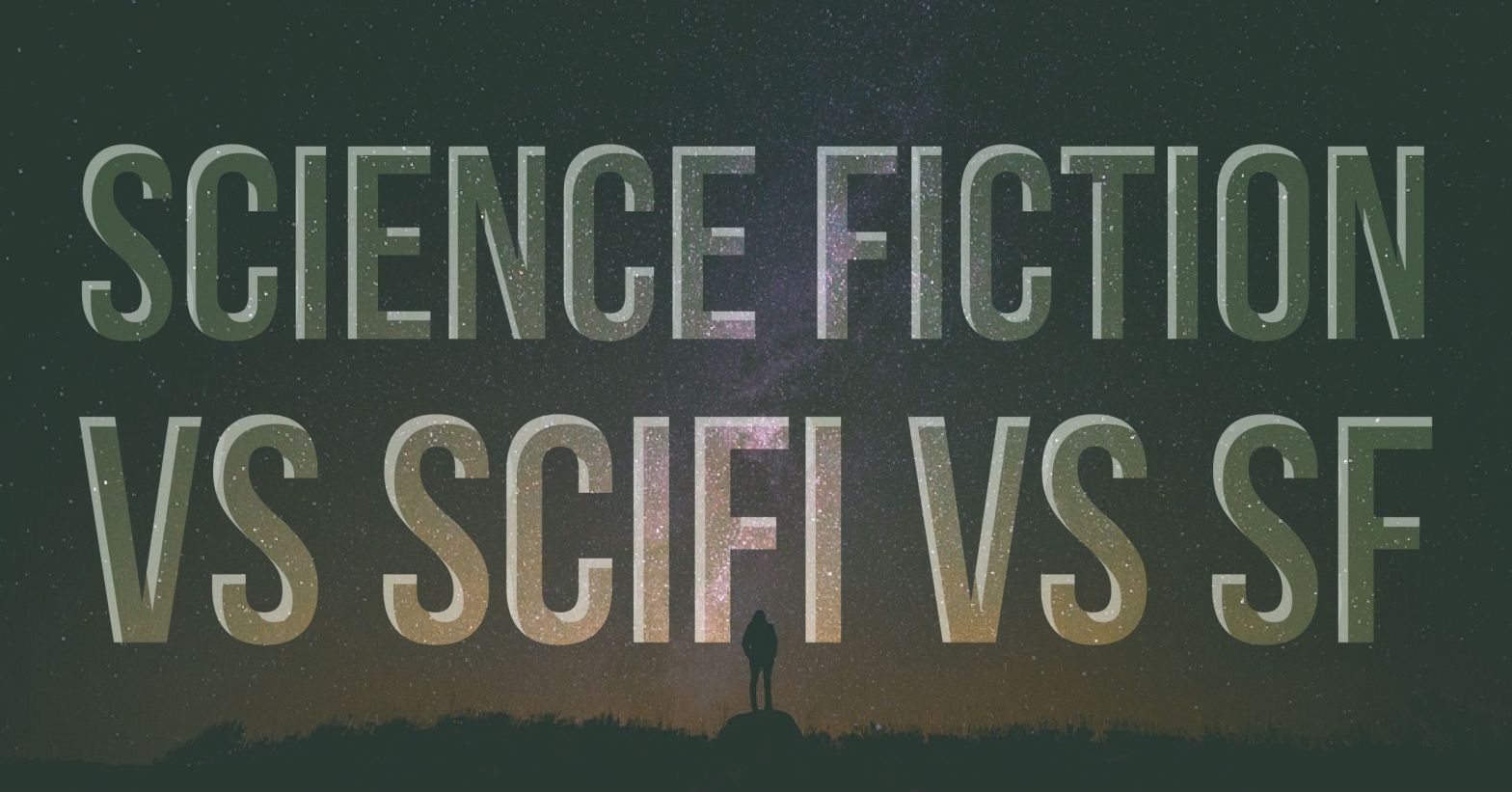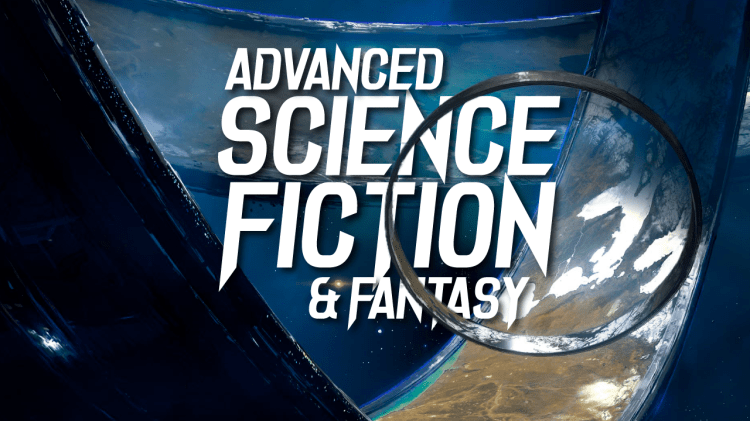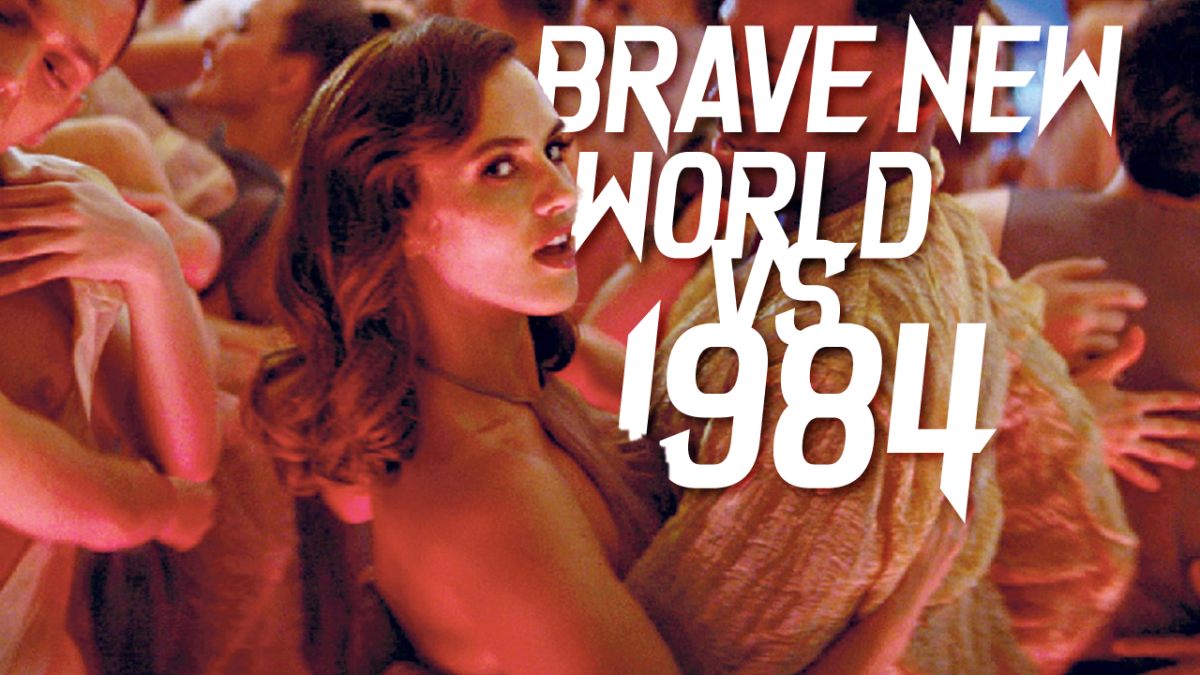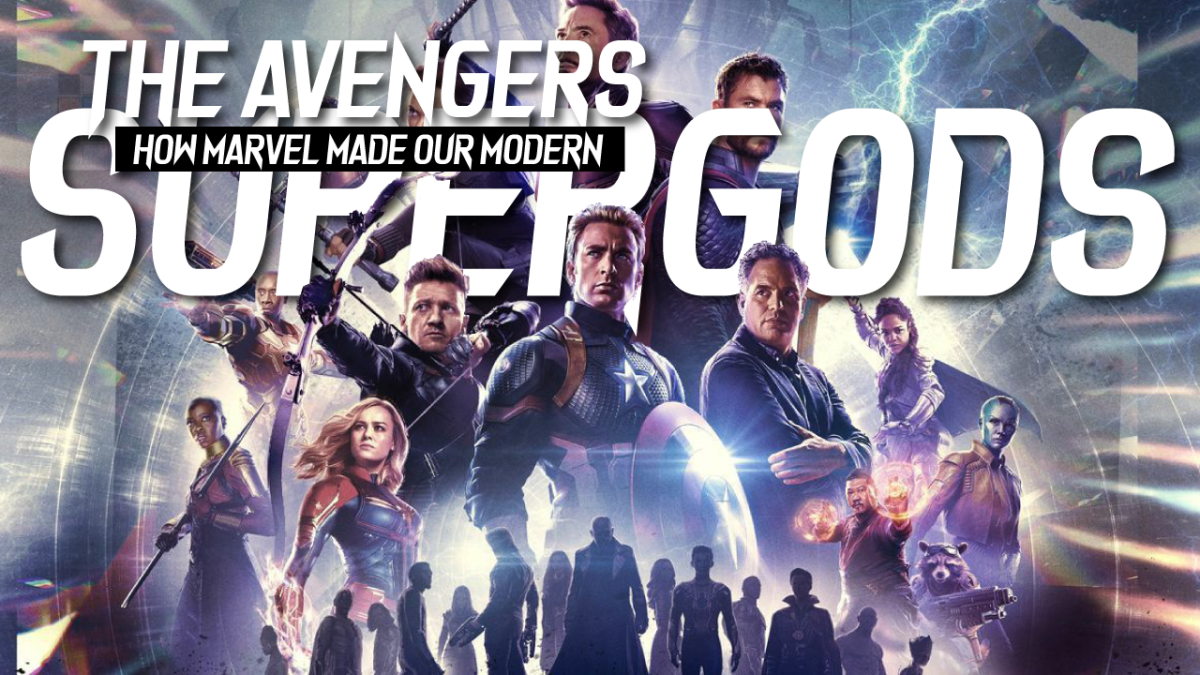If there’s one thing science fiction fans love, it’s an argument. And if there’s one argument they love more than all others, it’s the attempt to define what science fiction actually is, and what is or isn’t included in that definition.
In perhaps the all time most fiercely contested fight over an acronym ever, fans have been declaring sides on the Science Fiction vs SciFi vs SF debate for almost five decades. But, I hear the still sane among you declare, what does this even mean? And why should you care?
For the ever growing army of writers, bloggers, editors, critics, academics and just plain old obsessive fans of this thing that may (or may not) be called sci-fi, there is at least some method in this madness. Each name and definition reveals a different aspect of the immense creativity sheltering within sci-fi. Or SF. Or whatever the hell it’s called!
So, here is a brief glossary of the various competing definitions of sci-fi. Much of this may reveal some bias on my part, so please feel free to correct me where I have strayed from the facts as you understand them.
Subscribe to the Science Fiction podcast
Insights and interviews on the art and craft of 21st century myth making.

Science fiction n by the late 1930s, stories featuring space rockets and robots had been around in the pages of pulp magazines for a long time. It was then that influential editor John W Campbell hit upon the brilliant marketing strategy of calling these stories “science fiction”, thereby claiming a veneer of scientific credibility for the genre. The idea stuck, and is the reason many readers now insist science fiction must be based on real science.
Hard SF n not satisfied with claiming scientific credibility, many writers of made-up stories further distinguish their work by only making up stories based on ideas drawn from the hard sciences. In particular, physics. Unless, that is, they happen to need a faster-than-light engine to transport characters across the universe, in which case they just ignore physics all together. See also aliens, time travel etc.
Sci-fi n Star Wars made “sci-fi” big business. But for many, it is not true science fiction because it has no basis in science. In fact, most of what the general public thinks of as science fiction is viewed with some disdain by core science fiction fans, who dismiss it as “sci-fi” or “skiffy”. Sci-fi became an early catch all term for many related things, like video games and RPGs, that are now more often called Geek or Nerd Culture.
SF abbreviation because science fiction fans didn’t like “sci-fi”, they started abbreviating what they did like to “SF”. Pronounced “ess eff”, not “sniff”. Because no one knows what SF means, writers and fans are forever telling people it means “science fiction” before then correct people when they say, “Oh, you mean sci-fi,” which tends to annoy both parties. If someone says “I read / write SF” you know you’re talking to a true believer.
Speculative fiction n now things get complicated. Because lots of science fiction writers don’t actually have any science in their SF, they call it “speculative fiction” instead. To make matters worse, even though it’s specifically not science fiction, speculative fiction likewise gets abbreviated to SF. This has also become the default term for literary writers who want to write fiction with science in it, but without calling it science fiction.
So, to recap. Science fiction is a genre consisting of made-up stories with science in. Unless the stories are sci-fi, which doesn’t have science but is what most people think of as science fiction. Unless it’s called SF, of course, which most people think means “San Francisco”. Or speculative fiction, which is what posh people call sci-fi.
Phew! Right, now then.
Fantasy n (‘fæntsi) one solution would be to say that, because all these stories are primarily made-up or imagined by the writer, they are all kinds of fantasy. Problem is, because of JRR Tolkien and Lord of the Rings, most people think “fantasy” refers to stories with elves in. They therefore get confused if the word is also used to talk about stories with rockets in. Fantastika has been mooted, mostly by the critic John Clute, as an altertive catch all term, but sounds a little too much like a really good curry
I could continue with definitions of cyberpunk, steampunk, weird fiction, horror, urban fantasy, new weird, new wave … the list goes on. They’re all part of what makes [insert preferred collective noun] such an oddball and fascinating community to be part of, and create stories in.
But I did say there was method in this madness. Boil this insanely complex and largely pointless argument down to its essentials, and you arrive at something quite interesting. Is it enough for a story to be purely the product of its creator’s imagination? Or should a story instead be extrapolated from an external, rational and scientifically provable truth? In a world starkly divided between reason and fantasy, it’s an intriguing question to ask.
Originally pubished in The Guardian.




